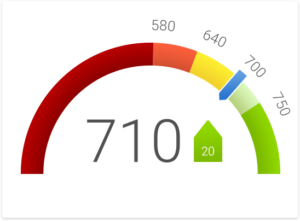Many banks, credit card issuers and other lenders have promised to help those impacted by the coronavirus pandemic. They’re offering to defer or reduce payments and waive interest charges and rebate fees for those who have lost jobs, had their hours reduced or otherwise lost income to the COVID-19 crisis.
The help usually isn’t automatic, however. You have to ask for it — and ask the right way.
In my latest for the Associated Press, the important questions to ask your bank or lender.
 Today’s top story: Can I buy or sell a house during the Coronavirus pandemic? Also in the news: How to manage your credit score during a crisis, Coronavirus cancellation and change policies for credit card travel portals, and how to get all your credit card payments deferred in one call.
Today’s top story: Can I buy or sell a house during the Coronavirus pandemic? Also in the news: How to manage your credit score during a crisis, Coronavirus cancellation and change policies for credit card travel portals, and how to get all your credit card payments deferred in one call. Today’s top story: Should you use your emergency fund during the COVID-19 outbreak? Also in the news: A new episode of the SmartMoney podcast on the Coronavirus relief checks, why you should join a money community for financial support, and 13 tips to help protect your online financial information.
Today’s top story: Should you use your emergency fund during the COVID-19 outbreak? Also in the news: A new episode of the SmartMoney podcast on the Coronavirus relief checks, why you should join a money community for financial support, and 13 tips to help protect your online financial information.